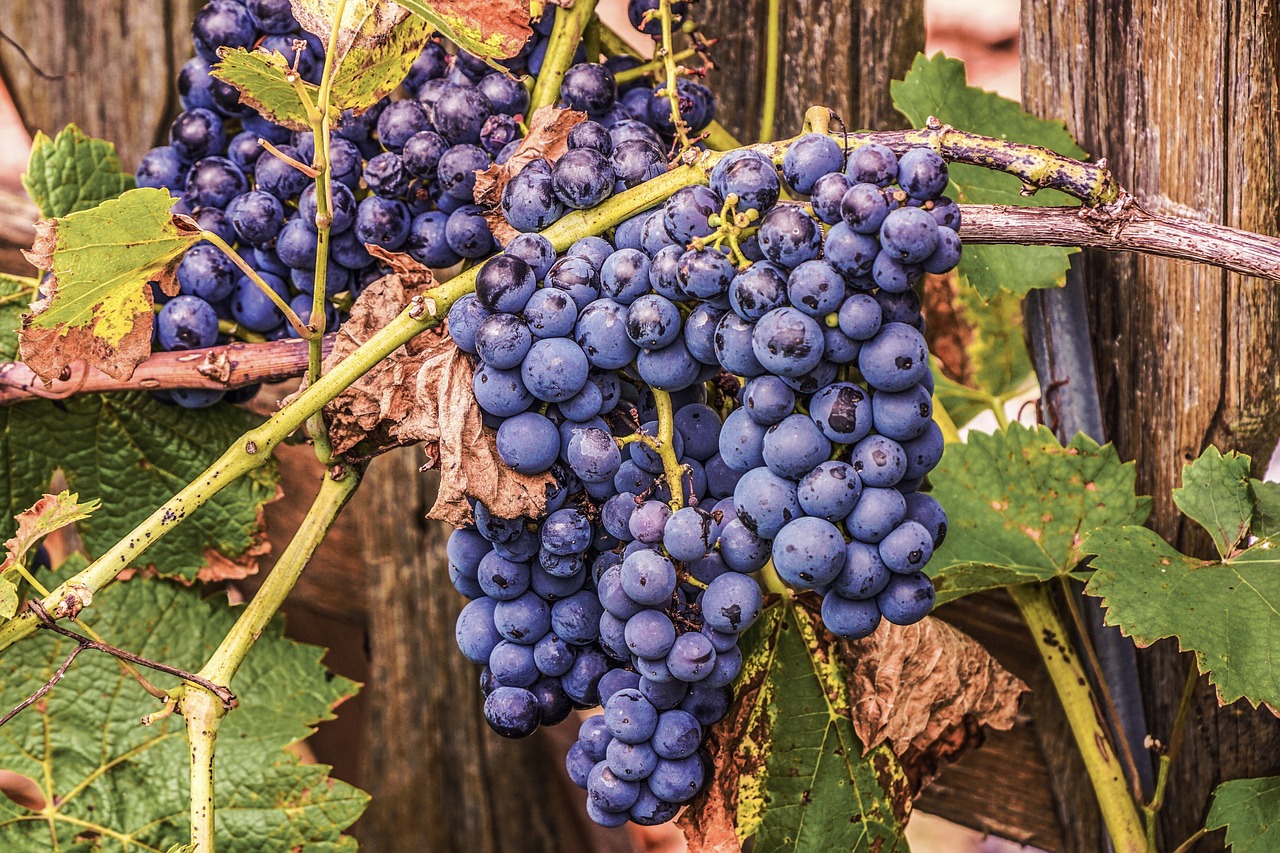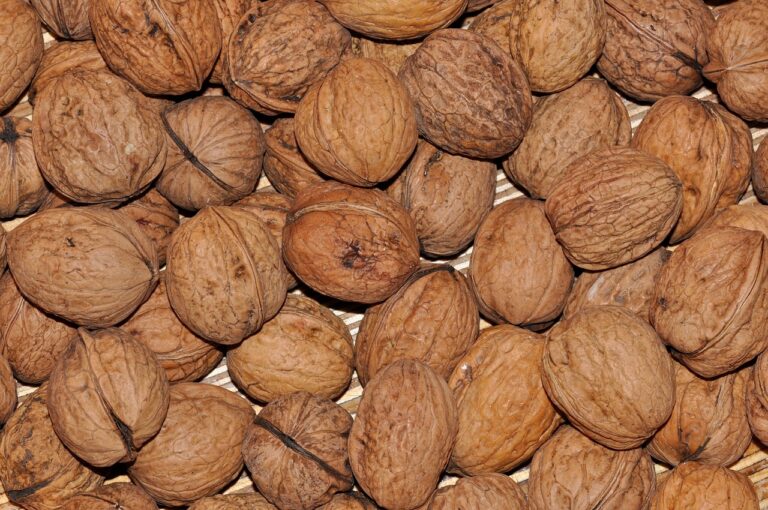The Role of Food Industry in Promoting Food Sovereignty Among Indigenous Women
Indigenous food sovereignty is deeply rooted in the historical traditions and practices of Native communities across the globe. For centuries, Indigenous peoples have relied on the land, waters, and forests to sustain themselves and maintain their cultural identities. Traditional knowledge passed down through generations has guided the cultivation, harvesting, and preparation of foods unique to each Indigenous group.
The arrival of European colonizers brought significant disruptions to Indigenous food systems. Land was forcibly taken, leading to the loss of access to vital resources and territories. Traditional food practices were suppressed, and Indigenous peoples were often forced to depend on the introduced Western diet, leading to negative health outcomes and cultural erasure. Despite these challenges, many Indigenous communities continue to fight for their right to control their own food systems and reclaim their food sovereignty.
Challenges Faced by Indigenous Women in Accessing Traditional Foods
Indigenous women often encounter numerous obstacles when it comes to accessing traditional foods. Many face systemic barriers rooted in a history of colonization that have disrupted their connections to ancestral food sources. These disruptions have led to a loss of traditional knowledge and practices, making it difficult for Indigenous women to maintain a healthy and culturally rich diet.
Additionally, economic challenges further exacerbate the issue, as the rising costs of obtaining traditional foods can be prohibitive for many Indigenous women. This financial burden restricts their ability to incorporate these vital foods into their diets, impacting not only their physical health but their cultural identity as well. Despite these challenges, Indigenous women continue to work tirelessly to reclaim and revitalize their traditional food systems, recognizing the vital role these foods play in their overall well-being.
The Impact of Colonialism on Indigenous Food Systems
Colonialism has drastically transformed Indigenous food systems across the globe. The imposition of foreign cultures and agricultural practices has led to erosion of traditional knowledge and disrupted the balance between communities and their natural environments. Indigenous communities have faced the challenge of reclaiming their food sovereignty in the face of historical marginalization and exploitation.
The introduction of colonial policies such as land dispossession and forced relocation has severed Indigenous peoples from their traditional food sources. As a result, many communities have experienced food insecurity and a loss of cultural identity tied to their unique food systems. The impact of colonialism continues to reverberate through generations, highlighting the ongoing struggle for Indigenous food sovereignty and self-determination.
• Indigenous food systems have been disrupted by the imposition of foreign cultures and agricultural practices
• Traditional knowledge has eroded due to colonialism, leading to a loss of balance between communities and their natural environments
• Colonial policies such as land dispossession and forced relocation have severed Indigenous peoples from their traditional food sources
• Many Indigenous communities have experienced food insecurity and a loss of cultural identity tied to their unique food systems
• The impact of colonialism continues to reverberate through generations, highlighting the ongoing struggle for Indigenous food sovereignty and self-determination.
How has colonialism affected Indigenous food systems?
Colonialism has disrupted Indigenous food systems by introducing new crops and livestock, displacing Indigenous communities from their traditional lands, and imposing cultural practices that undermine traditional food sources.
What are some challenges faced by Indigenous women in accessing traditional foods?
Indigenous women face challenges such as limited access to traditional hunting and gathering grounds, loss of traditional knowledge due to colonization, and discrimination in accessing resources for food production.
How does the historical context of Indigenous food sovereignty impact present-day Indigenous communities?
The historical context of Indigenous food sovereignty shapes present-day struggles for food security, as Indigenous communities continue to fight for control over their traditional food sources and the right to practice their traditional food systems.







